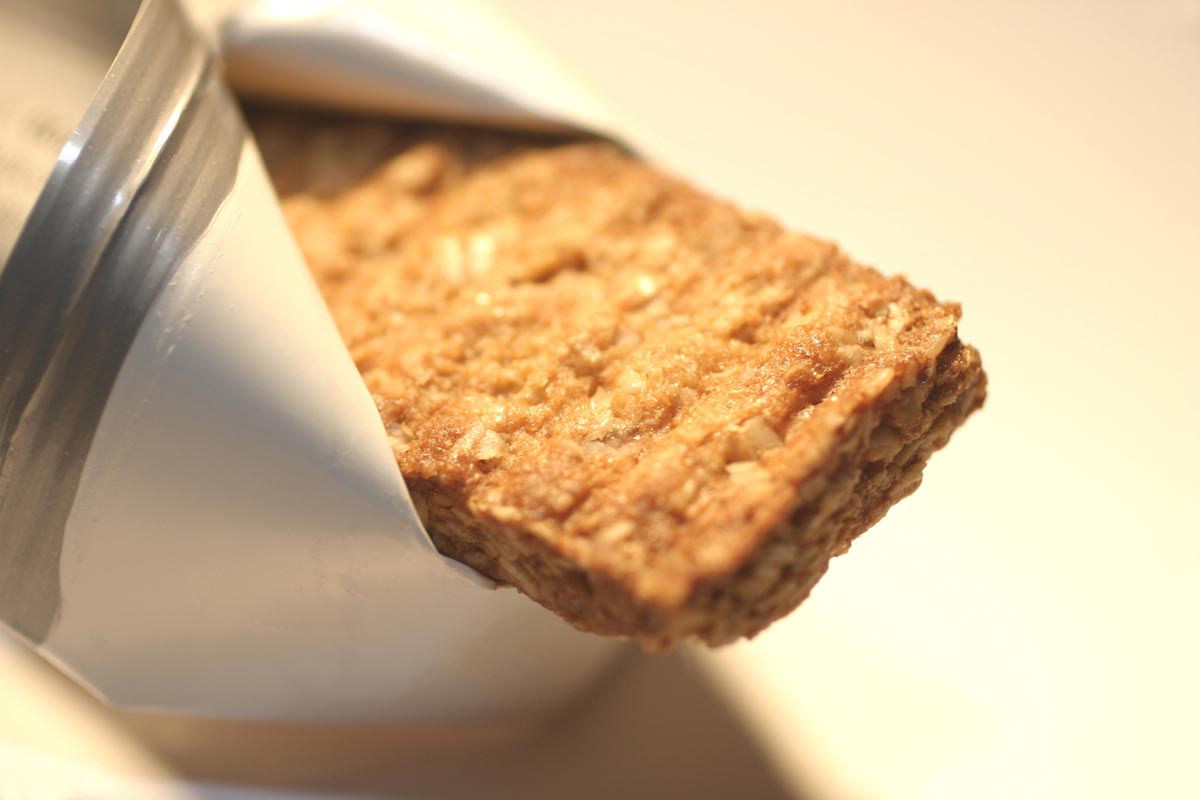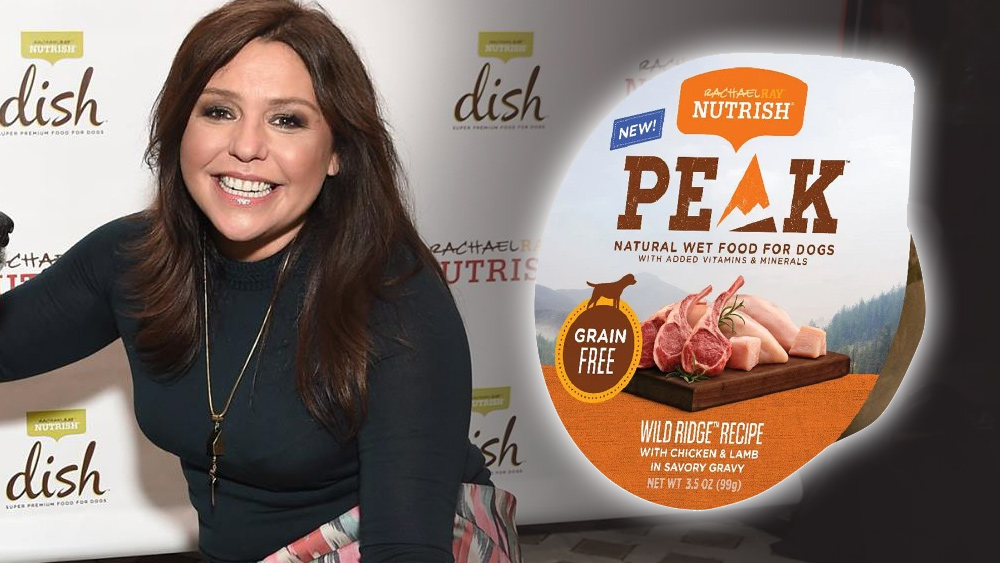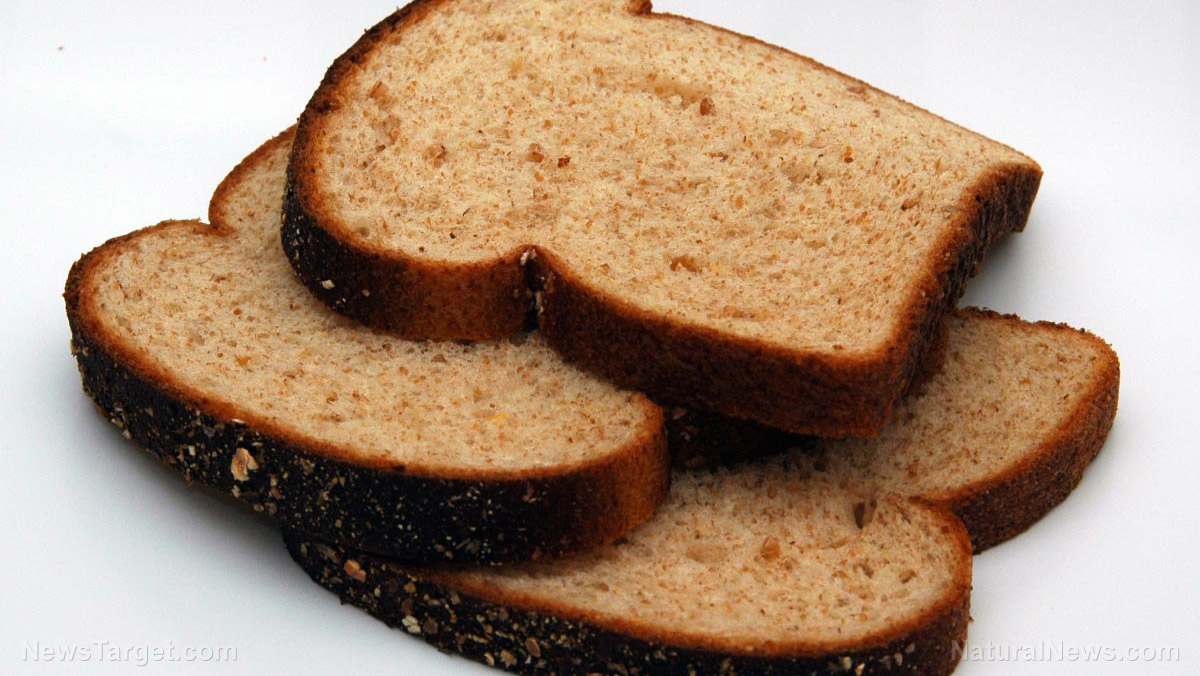Pepsi now experimenting with ground up insects as a source of protein for its snack products
06/10/2017 / By Amy Goodrich

While it may turn the stomach of consumers in America, PepsiCo is betting that snacks and drinks made with ground up bugs will become the next big thing. Although bug protein is already popular in some parts of the world, it will take some time for the West to adapt to the idea.
Recently, Pepsi — the food company known for its sodas and snacks like Doritos, Cheetos, and Quaker Oats cereal — posted an innovation request on the idea portal Nine Sights looking for novel, sustainable, non-GMO protein sources for usage in their products. The firm noted that the protein source should have a minimal impact on the flavor and texture of the end product, and must be easy to process and handle.
Saying they would like “to achieve a protein level that provides a measurable positive impact for consumers while enabling a comparable consumer experience,” Pepsi’s primary focus is finding a plant-based protein source. Though they are also considering fungi- and insect-based protein.
Furthermore, the request also mentioned that they have already done extensive research on soy, moringa (a protein powder made from dried leaves of the horseradish tree), duckweed, cricket powder, pea protein, single cell protein, and mealworm powder. Additionally, the company wrote that it wishes to avoid usage of dairy, egg, meat, and gelatin sourced protein.
Are insects making their way to your kitchen table?
With the request, PepsiCo addresses the growing consumer shift away from traditional protein sources such as dairy, meat, and fish. In 2016, U.S. sales of foods with alternative proteins totaled $4.9 billion, according to the Plant-Based Foods Association.
Usually used as bird feed or fishing bait, Pepsi isn’t the only one to experiment with baked or fried ground mealworms and other exotic sounding sources of protein, the Daily Mail Online reported.
In 2016, Campbell Soup Co. launched a line of non-dairy, plant-based milk made from pea protein. In the same year, Tyson Foods started a venture capital fund worth $150 million to invest in companies that produce meat substitutes, while General Mills’ VC firm, 301 Inc., invested in meat-alternative companies such as Beyond Meat and Kite Hill. These companies mainly use nuts and other plant proteins in their products.
Speaking to The Epoch Times, Gabi Lewis, co-founder of Exo, a company that makes protein bars with cricket flour, noted that the adoption of insects will be similar to Americans’ experience with sushi.
“Thirty years ago, the idea of eating raw fish was pretty disgusting to most Westerners. … It became more mainstream through the invention of the California roll in Hollywood, when a chef there basically replaced the tuna with avocado and hid the raw fish, making it less obvious,” he said. “We had to create some kind of California roll for insects, and that is where the protein bars come in,” he added.
Jarrod Goldin, the second co-founder of the Ontario-based company Exo, said that their business is booming. Worldwide the demand for insect protein is growing, with the United States as one of their biggest customers. Furthermore, in addition to startups that jumped on the insect trend, big corporations such as Pepsi, Kellogg, Cargill, and Disney are buying the cricket powders for their research and development of new products.
Will these new types of bug protein revolutionize the food world and make their way to your kitchen table soon? Or are they just another trend or food fad? Though PepsiCo hasn’t revealed its plans for the future yet, last year Pepsi CEO Indra Nooyi named bugs the go-to snack food of the future. Are you ready for a cricket snack?
Find more news about rising food trends at FoodSupply.news.
Sources include:
Tagged Under: bug snack, bugs, food trend, insects, Pepsi, PepsiCo, power snack, protein, protein powder, trend




















